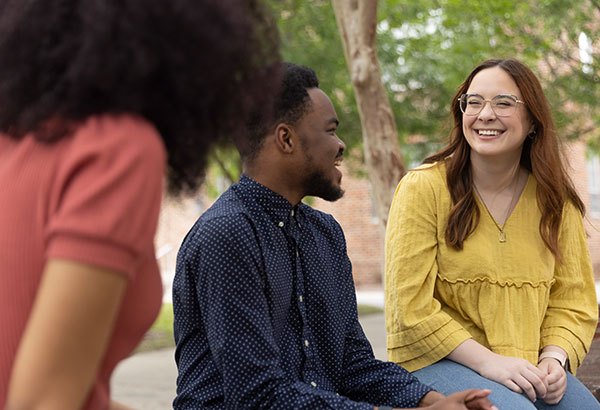Southeastern's accreditation reaffirmed by SACSCOC
Tuesday, December 8, 2015
by: Rene Abadie
HAMMOND -- Southeastern Louisiana University’s application for reaffirmation of accreditation
by the Southern Association of Colleges and Schools Commission on Colleges (SACSCOC)
was approved Monday (Dec. 7) at the SACSCOC annual meeting in Houston, university
officials announced.
Southeastern President John L. Crain said the SACS Board of Trustees voted to
reaffirm the university’s accreditation for another 10 years with no stipulations.
“This is the capstone accreditation for the university,” Crain said, “and I am
proud of the strong efforts of our faculty and staff who worked so hard to ensure
a successful outcome.” Southeastern has been accredited by SACSCOC since 1946.
Crain said Southeastern has been preparing its application for the last several
years. The application demonstrates how Southeastern meets high standards that cover
every aspect of the university, including its mission and governance, financial and
physical resources, institutional effectiveness, student services, faculty qualifications,
athletics, quality of educational programs and library resources.
Following a review by an off-site committee, an on-site Reaffirmation Committee
evaluated various documents, conducted inspections and interviewed faculty, staff
and students during a three-day visit last spring.
“The university is held responsible for clearly demonstrating and documenting
that we meet all standards and have the highest commitment to institutional integrity,
accountability and quality improvement,” Crain added.
The current review process requires completion of a self-study compliance audit
that addresses approximately 100 standards with significant documentation that each
standard is being met.
The review process also requires development of a quality enhancement plan (QEP)
that addresses an area designed to enhance student learning at the university. Southeastern
selected a “Real-World Ready” campaign designed to enhance opportunities for students
to practice skills in a setting authentic to their intended careers. Internships and
partnerships with businesses and agencies, service-learning courses, field experiences,
undergraduate research and other opportunities are all part of the experiential learning
process.
“These learning opportunities are current, pertinent, performance-based, and
practical applications of knowledge and skills experienced within the curriculum,”
Crain said. “The Real-World Ready campaign represents an exciting opportunity to enhance
student learning while also helping increase the university’s retention and graduation
rates, key factors in how universities are now being evaluated.”






